
Winter is here
Gary Kasparov, the famous Russian chess player wrote a book in 2015 titled "Winter is Coming" which chronicled the collapse of the Soviet Union, charted the rise of Putin, and painfully captured the many missed opportunities of the West to contain Putin. The book also laid out historical reasons that Putin invaded Ukraine in a chilling fashion. Now that "Winter is Here," Putin initiated a ground war that might evolve to other geographies and realms, including information operations and cyber.
The prospect of a full-blown Cyber war -- once remote -- seems more likely if the Russian invasion of the Ukraine escalates and spills out of Eastern Europe and enters the highly-connected world in which we live. How bad can it be? No one fully knows, but cybersecurity professionals are no strangers to Russian cyber-attacks.

Ukraine conflict: Twitter starts labeling tweets that link to Russian state media
Russia’s invasion of Ukraine has brought immediate condemnation from other countries, and while they won’t be sending in troops to help the Ukrainian fight-back, the barrage of sanctions coming from all angles is certainly going to hit Russia hard.
We’ve been seeing companies and organizations doing their bit to put the pressure on Putin's Russia too -- hacktivist collective Anonymous has certainly been hard at work here -- and today, Twitter has announced it will increase its fight against misinformation coming from Russian media organizations.
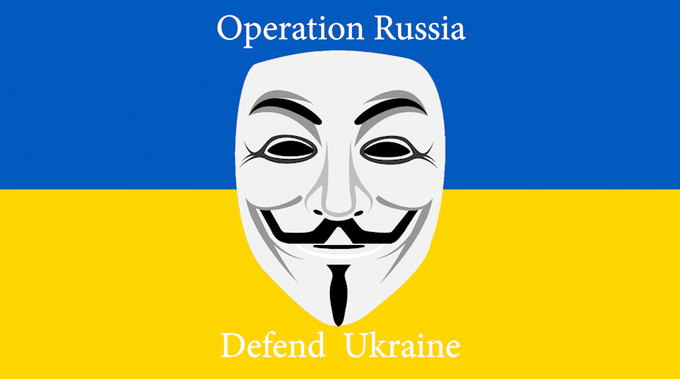
In the Russia-Ukraine conflict, Anonymous is working quicker than government red-tape [Updated]
While the US and other NATO nations continue to plan and implement sanctions and possible other means of making Vladimir Putin and his Oligarchs feel some pain over what they are currently doing, Hacktivist group Anonymous has already made its choices and has quickly started implementing its own set of consequences upon those responsible for alleged war crimes.
As of Saturday morning, the group had taken down websites of the Kremlin, the Russian Department of Defense and Russian DUMA (the lower house of the federal assembly). The sites were taken down rather quickly once Anonymous targeted them but periodically popped back to life, only to have that life snuffed backed out again by renewed efforts.

So you want to work in ransomware?
You would think that getting to work for a ransomware gang would be a bit different from applying for a normal IT job.
However, after following up a post on a forum a researcher at CyberNews managed to get an interview with the Ragnar Locker ransomware operators which reveals a surprisingly corporate approach to recruitment and remuneration as well as uncovering some of how the gangs operate.
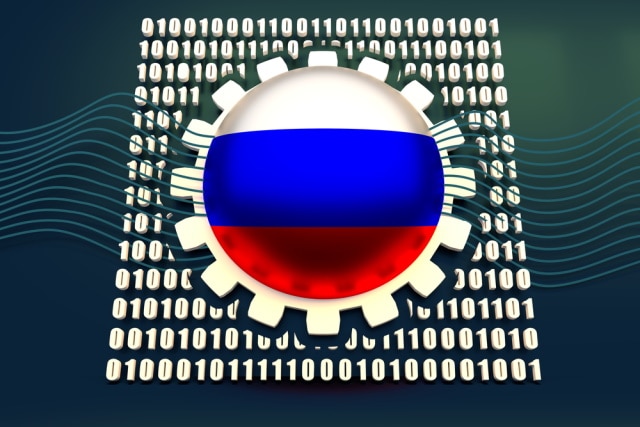
Russia is targeting Linux with Drovorub malware
The NSA has issued a warning about a new round of cyberattacks by Russia. This time, the GRU (Główny Zarząd Wywiadowczy, the Russian General Staff Main Intelligence Directorate) is targeting Linux machines.
To orchestrate the attacks, the GRU is using a malware suite called Drovorub. The suite is made up of four modules and uses a variety of techniques to hide itself and evade detection.

Which countries are best at protecting your privacy?
We all know that standards of privacy and surveillance vary around the world. But which places are best at protecting your privacy?
Research from security testing site Comparitech finds that no single country is consistent in protecting the privacy of its citizens, most are actively monitoring citizens, and only five could be deemed to have 'adequate safeguards'.

Russia's election meddling master plan -- REVEALED!
Greetings, Comrade!
I write to you to celebrate the coming glorious victory over imperialist America. Our efforts to undermine their so-called democratic institutions is nearly complete. What began as a seemingly disastrous failure on the part of our cyber and Internet propaganda forces has now morphed into a highly successful psy-ops campaign that threatens the black, decadent heart of the Western society!
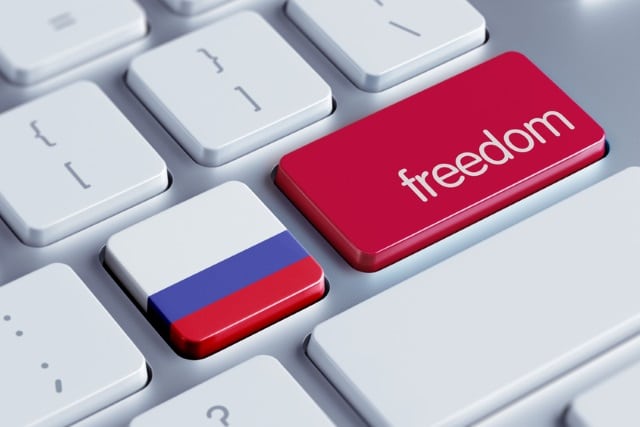
Putin signs law to create 'sovereign internet' for Russia
President Putin has signed into law a bill that will give Russia a "sovereign internet" -- one which could be disconnected from the global web if the Kremlin decided to do so. It is being sold as a way to "ensure the safe and sustainable functioning" of Russia's internet should the country's enemies try to block access.
But there are fears that the law -- which will require ISPs to route traffic through government-controlled servers -- amounts to the creation of a Russian version of the Great Firewall of China and will lead to severe online censorship.

Russia orders NordVPN, ExpressVPN, HideMyAss and other VPNs to block numerous sites
VPNs are frequently used by people to increase security, improve privacy, to browse the internet as if in another country, and to bypass restrictions put in place by ISPs and governments. Aware of this, authorities in Russia have ordered ten big-name VPNs to block access to various sites banned in the country.
Among those to have been contacted by the authorities are NordVPN, ExpressVPN, IPVanish, HideMyAss and TorGuard. At least one of these VPN providers has decided to pull out of Russia.
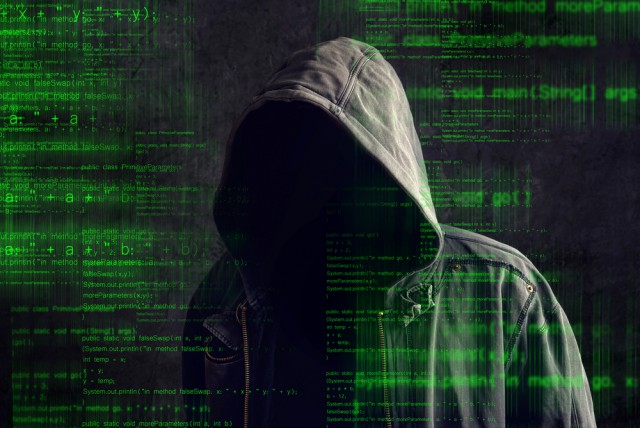
Hackers, geeks and thieves -- analysis of dark web communities reveals varied motives
When we talk about the dark web it's easy to think of it as an amorphous malevolent blob. But new research from Recorded Future reveals some key differences between dark web communities in different parts of the world.
The company's Inskit Group of researchers has actively analyzed underground markets and forums tailored to Russian and Chinese audiences over the past year and has discovered a number of differences in content hosted on forums, as well as differences in forum organization and conduct.
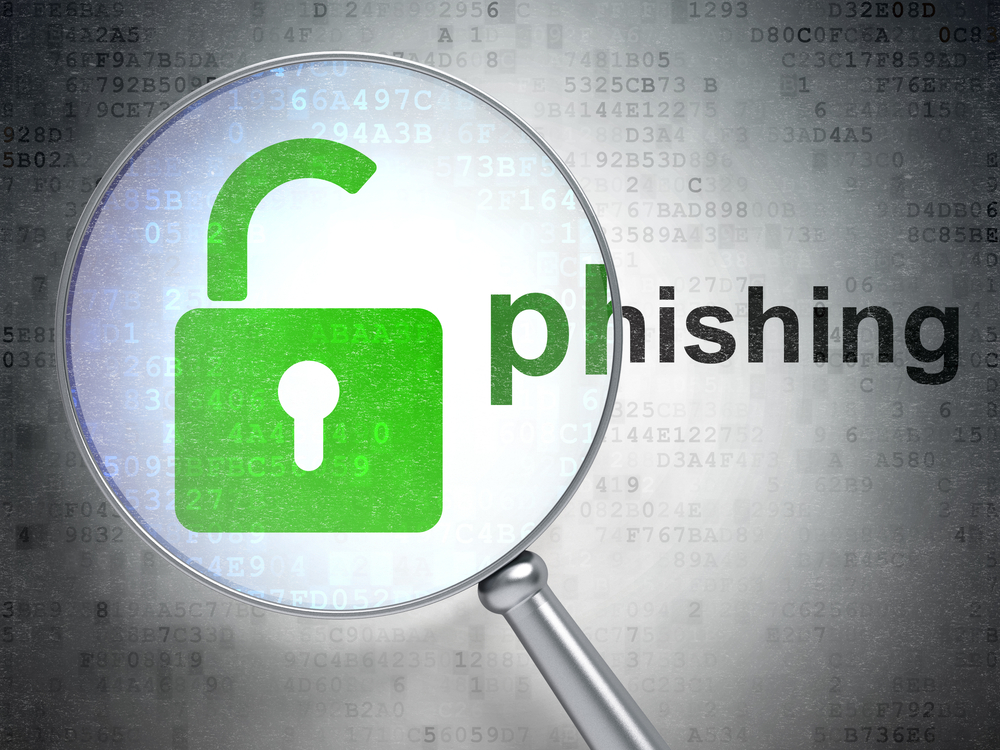
Spear phishing attack hits more than 400 industrial companies
Researchers at Kaspersky Lab have detected a new wave of spear phishing attacks disguised as legitimate procurement and accounting letters, that have hit more than 400 industrial organizations.
The emails have targeted approximately 800 employee PCs, mostly in Russian companies, with the goal of stealing money and confidential data from the organizations, which could then be used in new attacks.
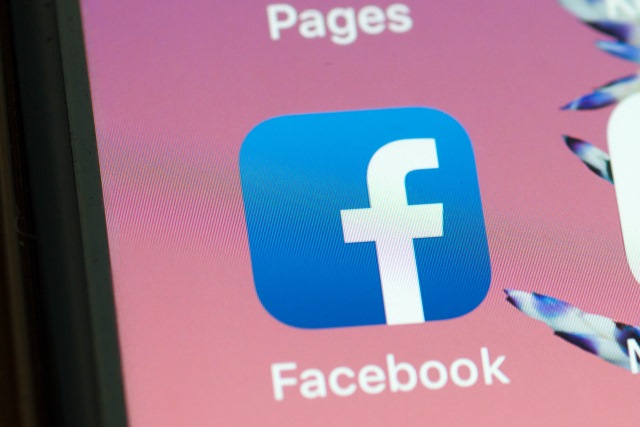
Privacy: Facebook suspends data analytics firm Crimson Hexagon
Facebook has severed ties with data analytics company Crimson Hexagon because of concerns about its links to the US government, Russia and Turkey.
In a move that has echoes of the Cambridge Analytica scandal, Facebook has suspended the company and blocked it from accessing user data because of fears about how that data is used. Crimson Hexagon claims to have gathered more than one trillion pieces of data about social media users, and there are concerns that this data could be used for surveillance purposes.
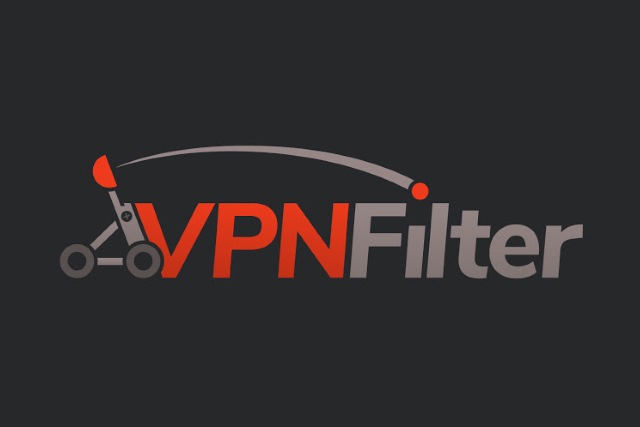
VPNFilter malware infection is much worse than first thought -- is your router affected?
It's just a couple of weeks since we first heard about the VPNFilter malware. Linked to Russia, the malware hit 500,000 routers around the world, but now Cisco's Talos security researchers are warning that the problem is much worse than anyone thought.
Initially thought to only affect SOHO routers and storage devices from Linksys, MikroTik, Netgear, TP-Link, and QNAP , the at-risk list has been extended to include consumer-grade routers from Linksys, MikroTik, Netgear and TP-Link. Researchers have also discovered that the malware is more powerful than initial assessments suggested -- it is now known to be able to bypass SSL encryption and perform man-in-the-middle attacks.
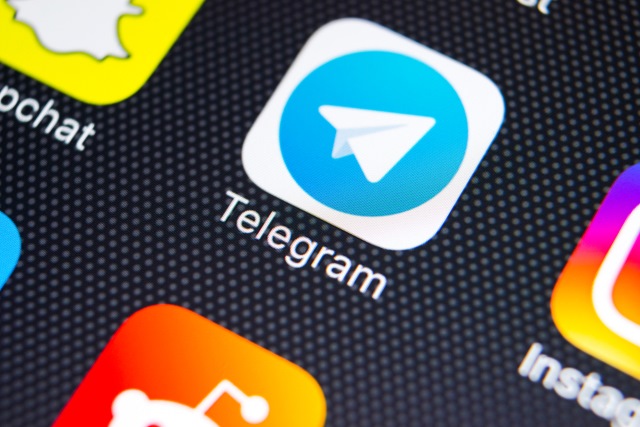
Telegram says Apple is blocking its app updates globally
Telegram CEO Pavel Durov says that Apple has stopped approving updates for its mobile app on a worldwide basis.
He says that it coincides with Russia implementing a block on Telegram, and it means there have been no updates rolling out to users anywhere in the world for a month and a half. Apple has said nothing about the apparent update block, and the lack of transparency has forced Durov to go public.

Kaspersky to move data from Russia to Switzerland to improve transparency
Kaspersky Lab has announced that it plans to move data out of Russia and into a new data center in Switzerland. The move is part of the company's Global Transparency Initiative which came in response to concerns about ties to the Russian government.
Software produced by Kaspersky has already been banned from US government systems, and the company has been on a mission to prove that Russia is not spying on other countries via its antivirus tools.
